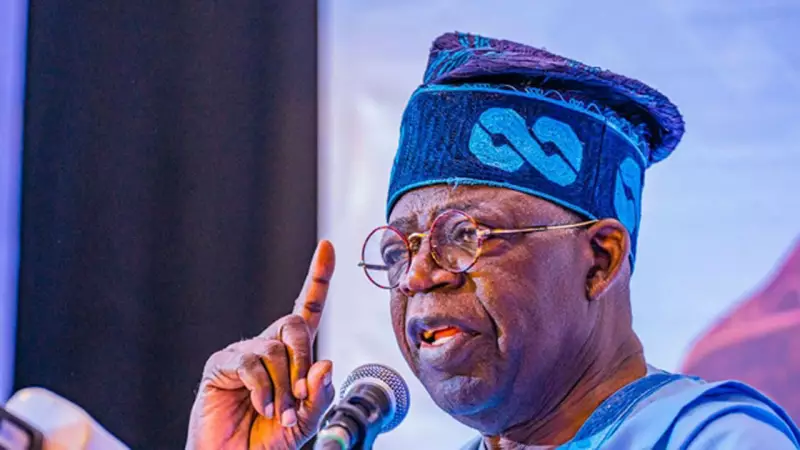
In a significant move to bolster Nigeria's economic recovery efforts, President Bola Tinubu has formally approached the Senate seeking authorization for a substantial ₦1.15 trillion domestic borrowing plan. This strategic financial initiative aims to address critical infrastructure gaps and accelerate national development projects.
Presidential Request Details
The request, contained in a presidential letter read during Tuesday's plenary session by Senate President Godswill Akpabio, outlines the government's intention to source funds locally to finance key sectors of the economy. This domestic borrowing approach represents a calculated shift in the administration's fiscal strategy.
Economic Context and Rationale
This borrowing plan comes at a crucial time when Nigeria is navigating complex economic challenges, including inflation and currency pressures. The government emphasizes that the funds will be strategically deployed to stimulate economic growth, create employment opportunities, and enhance the nation's infrastructure backbone.
Senate's Crucial Role
The Senate now faces the critical responsibility of scrutinizing the borrowing proposal to ensure alignment with national interests and fiscal responsibility. Legislative approval is mandatory under Nigerian law for such significant financial commitments, making this a pivotal moment in the government's economic agenda.
Potential Impact on National Development
If approved, the ₦1.15 trillion injection could significantly accelerate ongoing infrastructure projects and initiate new developmental programs across various sectors. The administration believes this domestic borrowing approach will not only fund immediate needs but also strengthen local financial markets.
The Senate has committed to conducting thorough deliberations on the request, with expectations of comprehensive debates on the borrowing terms, repayment structures, and projected economic benefits for the Nigerian populace.





